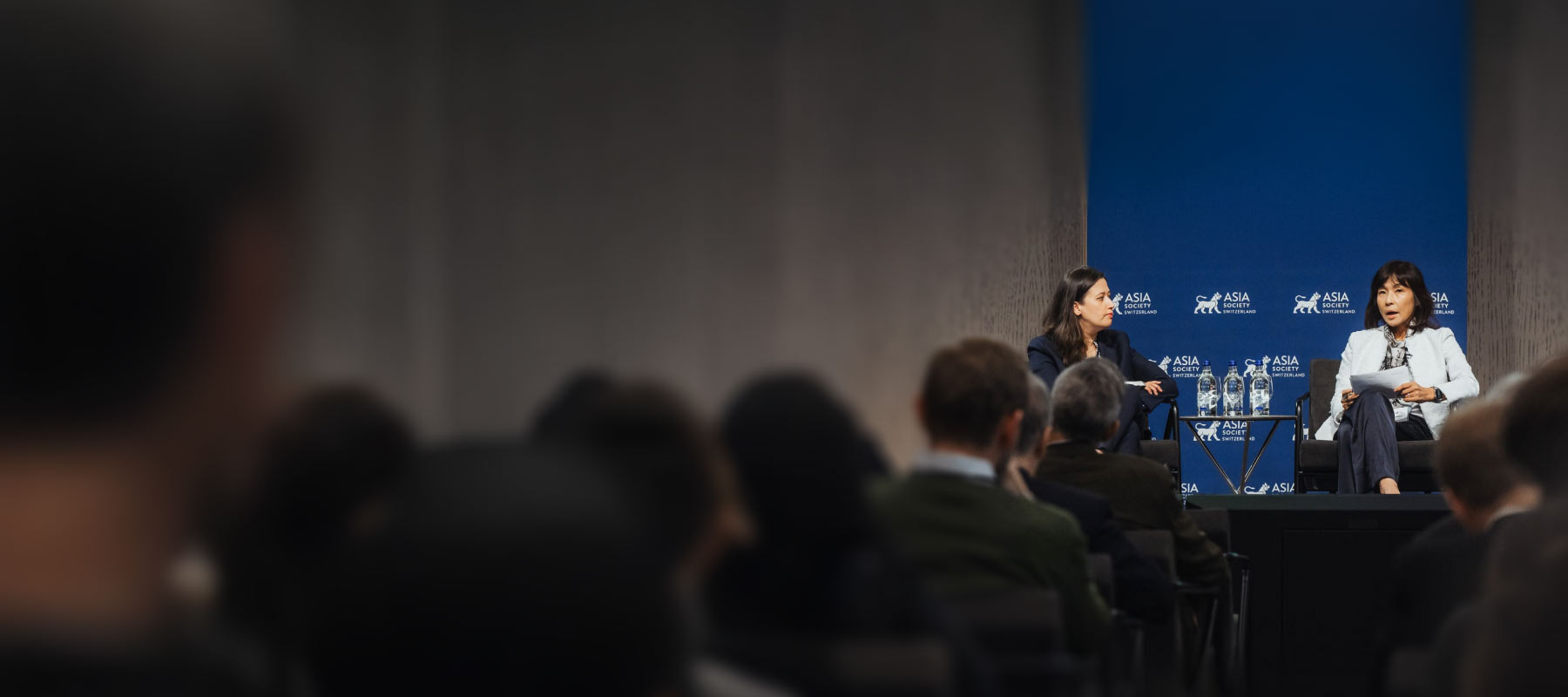
To indulge in protectionism (you should first know the "true" nationality of products)
… and in a globalized world, it’s far from easy. When President Trump imposes tariffs on aluminum or steel, it is relatively clear where these products come from. Simply put, steel is made in Germany and aluminum in Canada. When Europe retaliates on whisky or orange juice, it is equally straightforward to determine their origin. They are homogeneous products.
However, it is far more difficult to establish the nationality of products that are made of many components assembled from different parts of the world. A few years ago, researchers at the University of California in Los Angeles traced the origin of the 431 components of an iPod. They came from several different parts of the world to be assembled in the Foxconn factory in Longhua, China. In the end, the Chinese added value of the final product did not exceed 5%. But upon arrival at US Customs, the iPod was statistically considered a Chinese product. Really?
The US trade deficit is the result of imports from, for example, Mexico or China. But 40% of Mexican imports to the United States are made by US companies based in Mexico or by Mexican companies that are dedicated suppliers of US companies. The same is true for China, which has become a preferred source of supply and manufacturing for European and US companies.
Also, how can we account for components that are distributed freely as a part of a business strategy to create a standard? For example, Google’s chief economist Hal Varian estimates that if it were a paying product, Google’s Android software, which is now freely available as a platform for smartphones, would be worth $ 200 billion a year. It would compensate for 50% of the US trade deficit…
In an escalation of retaliation, the US president also threatens the German auto industry. Yet, BMW produces cars in Spartanburg, South Carolina, just as Mercedes does in Vance, Alabama, and Volkswagen in Chattanooga, Tennessee. These factories also produce for export. Of the 371,316 cars produced last year by BMW at its Spartanburg site (essentially the X5 model), 70% are shipped abroad. Are these American or German cars?
The Kyoto convention that came into effect in 1974 tried to bring some order to the definition of the “nationality” of a product. In short, the origin of a product can be derived from a minimum percentage of local content or the most important last transformation process. But that is no longer enough. The globalization and the digitalization of the value chain have increased not only the complexity in defining the origin of a product but also its volatility. For example, the mix of components constituting a product can change from one month to the other and be supplied internationally in a flexible way according to prices and capacities.
The American President seems to ignore, like Brexit supporters, that it has become extraordinarily difficult to disentangle an economy from its global context. The United States has invested about $8 trillion in the rest of the world, while other countries hold nearly $7 trillion in the United States. Overall, direct investment accounts for 35% of global GDP and employs more than 80 million people. In economics, as in private life, a divorce is more complicated and expensive than a marriage.
To get a clearer picture of the impact of international business, we need to focus on the added value content of a product and not just on its geographical origin as customs statistics do; This is also highlighted by several studies by the World Trade Organization and the OECD. But everything is complicated when this added value could also arise from an immaterial data economy or transactions performed with blockchain. In this decentralized and immaterial world, who owns what?
We are far removed from the simplistic and angry tweets of the American president. But unfortunately, we shall have to live with it. As John Maynard Keynes pointed out: “all problems are economic, and all solutions are political. Unfortunately…
Stéphane Garelli is Professor Emeritus at IMD business school and at the University Lausanne. He is former Chairman at Le Temps newspaper.
Research Information & Knowledge Hub for additional information on IMD publications

Global market shifts and turbulence in 2025 mean Chief Financial Officers must take into account inflation, trade tensions and shifting regulations to ensure long-term growth

Asia's economic landscape 2024 and 2025. Three distinct approaches: Japan's technology-driven revival amid demographic challenges, China's deflation and growth concerns, and India's manufacturing ambitions through foreign investment and strategic ...
Companies don’t operate in a vacuum. Corporate leaders have to navigate political dynamics, and in Chapter 12 we discuss nonmarket strategies. But there’s a global dimension to sustainability that’s worth a separate discussion. Will rising geopoli...
With stagnant import volumes since 2021, and import prices at levels below those suggested by fundamentals, foreign exporters face an uphill battle to convert access to the Chinese market into revenues. Notably, the volume stagnation predates the ...
World exports of goods and services enjoyed boomtime growth in the 1990s and early 2000s. Since 2008, trade in goods – specifically manufactured goods – have plateaued; services exports have not. Services trade continues to ride the go-go growth p...
The trade policy stance of foreign governments to China’s goods exports is reviewed here. A balanced approach is taken— examining new import reforms facilitating sourcing from China as well as new import curbs. Further perspective is provided by c...
On the campaign trail, Mr. Trump slammed subsidy-driven approaches to attracting foreign investment in U.S. manufacturing. Putting tariffs on imported goods and saving subsidy outlays was his preference. Since 2017, the United States has seen two ...
With looming trade tensions and security uncertainties, the continent is at a crossroads. It is tasked with securing its future as a global economic power. Guest commentary by David Bach As the world prepares for Donald Trump's second term as US p...
Faced with looming trade tensions, security uncertainties and climate challenges, Europe is at a crossroads. It must seize the opportunity for bold reforms to secure its future as a global economic power. As the world prepares for Donald Trump's s...
Already certain American trading partners have received tariff threats to their exports, prompting questions as to how best to respond. Drawing on the lessons from the first Trump Administration, statements made by the President-elect and his circ...
Research Information & Knowledge Hub for additional information on IMD publications
in I by IMD
Research Information & Knowledge Hub for additional information on IMD publications
in Binder, Julia Katharina (Ed.); Haanaes, Knut Bjarne (Ed.) / Leading the sustainable business transformation: A playbook from IMD, pp. 47-57 / Hoboken: Wiley, 2025
Research Information & Knowledge Hub for additional information on IMD publications
Research Information & Knowledge Hub for additional information on IMD publications
The World Trade Organization Report / Trading with intelligence: How AI shapes and is shaped by international trade, p. 26 / 2024
Research Information & Knowledge Hub for additional information on IMD publications
Research Information & Knowledge Hub for additional information on IMD publications
Research Information & Knowledge Hub for additional information on IMD publications
Research Information & Knowledge Hub for additional information on IMD publications
Research Information & Knowledge Hub for additional information on IMD publications
Research Information & Knowledge Hub for additional information on IMD publications

